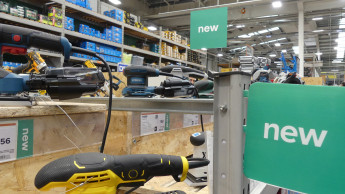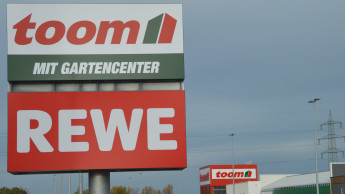Such legal constraints include the Carbon Reduction Commitment, which is becoming compulsory for all companies and organisations that spend more than half a million pounds annually on electricity. It will give companies an incentive to reduce their emissions.
In one of the most significant developments of recent weeks, the UK market leader B&Q has announced that it will only buy plywood manufactured from tropi-cal hardwood if it is certified envi-ronmentally friendly by the Forest Stewardship Council (FSC).
The FSC is an international, non-governmental organization which runs the timber industry's most respected certification scheme. This traces the origination of timber products all the way from the forest to the superstore shelf. Timber products which are produced according to the FSC's exacting standards are allowed to carry an FSC logo, giving consumers instant confidence that their timber purchase is environmentally friendly.
Retailers have been selling FSC-approved timber for a number of years, but tropical hardwood plywood has been a more difficult area to certify. B&Q is now the first UK retailer to gain FSC certification for all its tropical plywood, which comes from Brazil.
Timber is not the only category where B&Q is making changes to its product range. In the year that high-wattage incandescent light bulbs have been withdrawn from sale in the UK, B&Q has doubled its range of compact fluorescent bulbs.
Meanwhile the company has launched a campaign to have value-added tax (VAT) scrapped on green products such as water butts and solar panels. Being environmental has to be made affordable for consumers, says the company. To draw attention to its campaign, B&Q itself absorbed the VAT for a token four days in October on a range of products such as loft insulation and energy-saving light bulbs.
In a separate move, a number of retailers and suppliers have committed to work together to achieve a 15 per cent packaging reduction and a 50 per cent reduction in waste going to landfill. The companies initially…

 Menü
Menü











 Newsletter
Newsletter